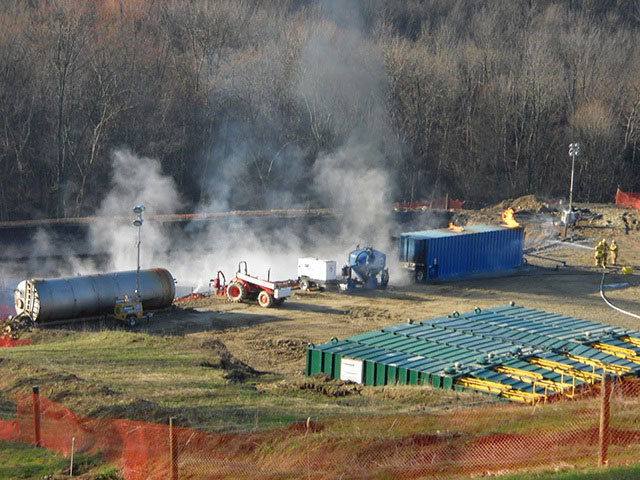
Brent oil traded near $28 a barrel as rising U.S. crude stockpiles add to a swelling global glut.
Futures climbed as much as 1.6 percent in London after falling 3.1 percent Wednesday to close at the lowest level since November 2003. Inventories rose by 4.6 million barrels last week, according to industry data, while official U.S. government figures Thursday are forecast to show a second weekly advance. It’s the third consecutive year there is more supply than demand, according to Fatih Birol, executive director of the International Energy Agency.
Brent is down 24 percent this year amid volatility in Chinese markets and speculation the removal of restrictions that capped Iran’s crude sales will help to prolong a worldwide surplus. The IEA predicts markets could “drown in oversupply”, sending prices even lower, while Glencore Plc Chairman Tony Hayward sees prices remaining at current levels as the energy market weathers a “supply shock.”
“There needs to be a supply interruption to stabilize prices,” Michael McCarthy, a chief strategist at CMC Markets in Sydney, said by phone. “There is a surplus, and if Iran can increase exports by 500,000 barrels a day, it’s very difficult to see a sustained rally in oil. Expect volatility to continue.”
U.S. Stockpiles
Brent for March settlement gained as much as 45 cents to $28.33 a barrel on the London-based ICE Futures Europe exchange, and was at $28.24 at 11:31 a.m. Hong Kong time. The contract lost 88 cents to $27.88 a barrel Wednesday. The European benchmark crude was at a discount of 43 cents to West Texas Intermediate.
WTI for March delivery gained as much as 50 cents to $28.85 a barrel on the New York Mercantile Exchange. The February contract expired Wednesday after falling 6.7 percent to $26.55, the lowest level since May 2003. Total volume traded was about 81 percent above the 100-day average.
Stockpiles at Cushing, Oklahoma, the delivery point for WTI and the biggest U.S. storage hub, rose by 60,000 barrels last week, the industry-funded American Petroleum Institute was said to report. Nationwide crude inventories are forecast to expand by 2.2 million barrels, according to a Bloomberg survey before data from the Energy Information Administration Thursday.
Royal Dutch Shell Plc, which is buying BG Group Plc in the industry’s largest deal in a decade, expects fourth-quarter profit to drop at least 42 percent after the rout in oil deepened. Woodside Petroleum Ltd., Australia’s second-largest producer, expects writedowns of as much as $1.2 billion for 2015 after the slide in energy prices.
Recommended for you
